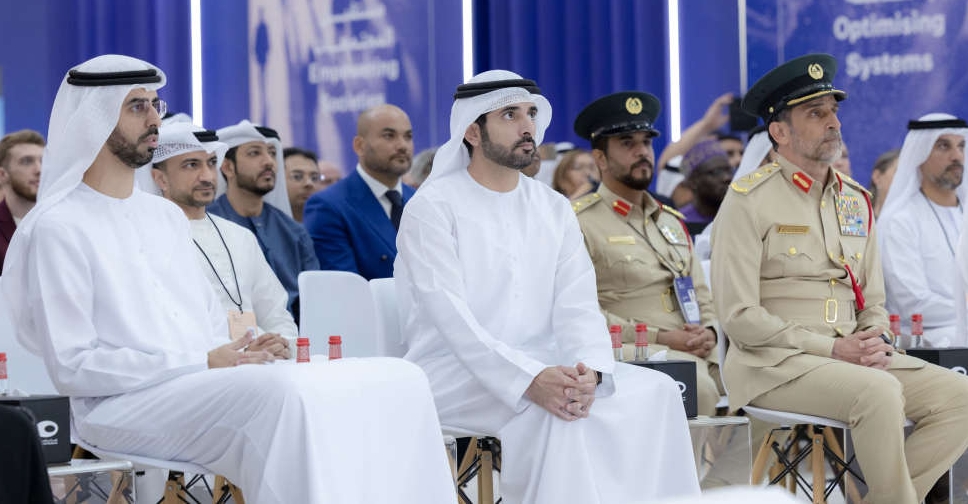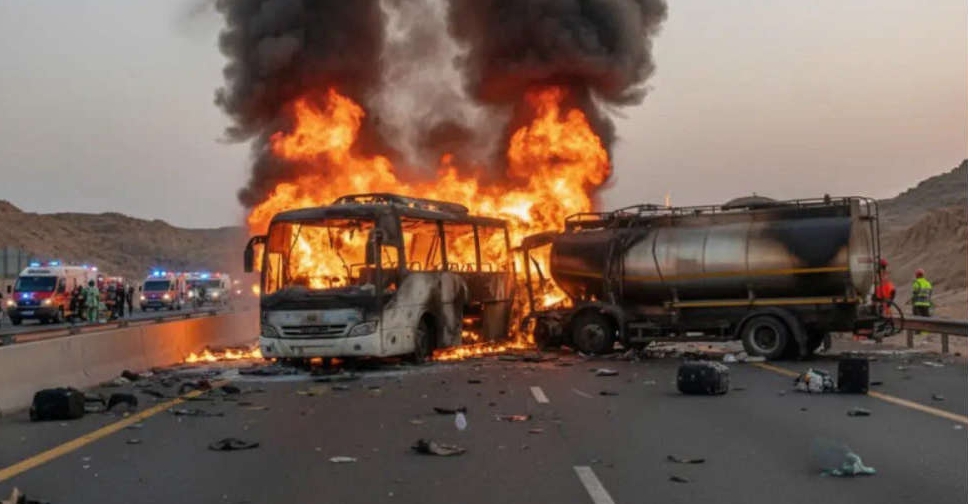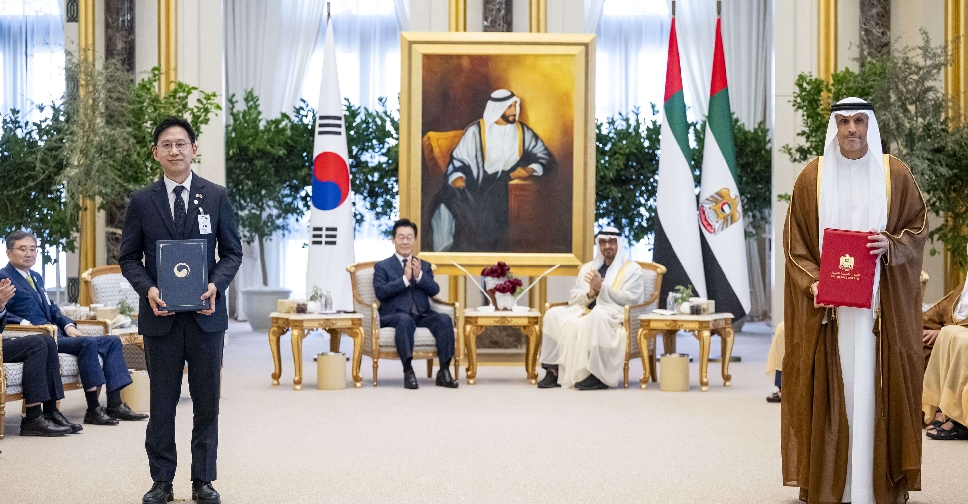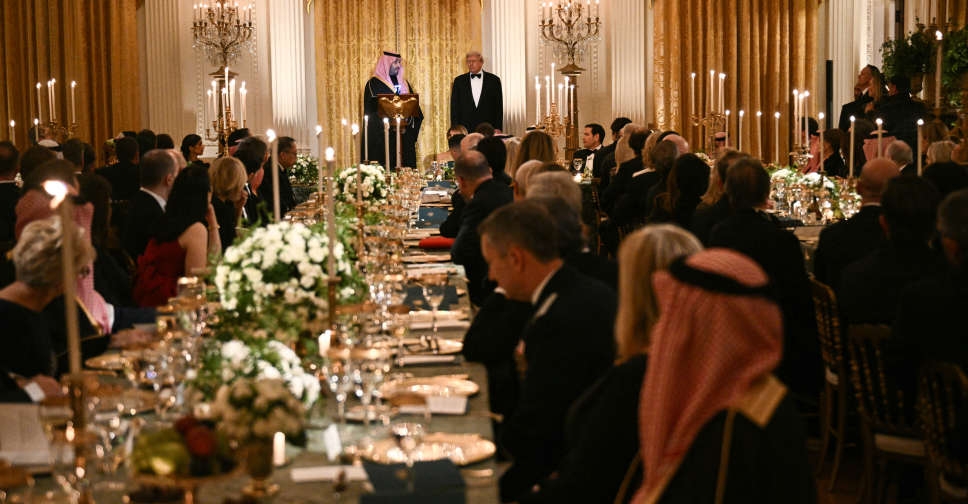
Elon Musk has joined a dinner with US President Donald Trump and Saudi Crown Prince Mohammed bin Salman at the White House on Tuesday during his visit, alongside an appearance by Portugal's soccer star Cristiano Ronaldo during the two parties' meeting.
Musk's attendance could be a sign of reconciliation in a turbulent relationship between the Tesla CEO and the US president as he made his his second joint public appearance since a bitter public feud earlier this year.
Musk supported and funded Trump's election last year and became a close adviser to his administration early this year, leading the Department of Government Efficiency (DOGE) and overseeing cuts to federal funding and jobs.
But the two soon had a falling. The billionaire businessman took to social media to attack Trump's sweeping tax and spending bill as fiscally reckless, and said he planned to create a new political party. Trump hit back threatening to cut off the billions of dollars in subsidies that Musk's companies received from the federal government.
The feud, along with Musk's far-right political rhetoric, hurt Tesla's brand image, sales and stock price, analysts have said.
Musk and Trump have rarely come together publicly since. Musk was last spotted shaking hands with Trump at a memorial for conservative activist Charlie Kirk in September.
Trump is hosting the Saudi de facto ruler as the latter seeks to rehabilitate his global image and deepen ties with Washington. Others at the dinner included Portugal's soccer star Cristiano Ronaldo and Nvidia CEO Jensen Huang.
Ronaldo, who has scored over 950 goals for club and country, is contracted to play for the Saudi Pro League side Al-Nassr until 2027, which is majority owned by the kingdom's Public Investment Fund.
CROWN PRINCE BOOSTS INVESTMENT PLEDGE
At the start of his visit, the crown prince was greeted with a lavish display of pomp and ceremony presided over by Trump on the South Lawn, complete with a military honor guard, a cannon salute and a flyover by US warplanes.
Sitting next to Trump, bin Salman promised to increase his country's US investment to $1 trillion from a $600 billion pledge he made when Trump visited Saudi Arabia in May. But he offered no details or timetable.
The two sides also signed a memorandum of understanding on artificial intelligence and a framework for collaboration on critical minerals, the White House said.
A $1 trillion investment in the US would be difficult for Saudi Arabia to pull together given its heavy spending on an already-ambitious series of massive projects at home, including futuristic megacities that have gone over budget.
Spearheading an ambitious Vision 2030 plan to diversify the Saudi economy and lessen its dependence on oil, bin Salman is expected to tout his efforts at an investment conference to be attended by a slew of corporate executives on Wednesday at the John F. Kennedy Center for the Performing Arts.
In the Oval Office, Trump vehemently denied any conflict of interest with his family's Saudi investment interests.
"I have nothing to do with the family business. I have left, and I've devoted 100 per cent of my energy. What my family does is fine. They do business all over," he said.
The White House has repeatedly said that upon taking office, Trump ended his involvement in his businesses after placing them in a trust managed by his children. Still, as beneficiary of the trust that controls the Trump Organisation, the president will have the money the family is now making at his disposal when he leaves office.
ARMS SALES, CIVIL NUCLEAR AGREEMENT
Trump said he received a "positive response" about the prospects for Saudi Arabia normalising ties with Israel. But the crown prince made clear that while he wanted to join the Abraham Accords, he was sticking to his condition that Israel must provide a path to Palestinian statehood, which it has refused to do.
During a formal black-tie dinner at the White House later on Tuesday, Trump said he was "taking our military cooperation to even greater heights" by designating Saudi Arabia a major non-NATO Ally, a status that provides a US partner with military and economic privileges but does not entail security commitments. US strikes on Iranian nuclear facilities in June had made Saudi Arabia safer, Trump added.
A White House fact sheet said the two sides signed a Strategic Defense Agreement, which "fortifies deterrence across the Middle East," makes it easier for US defense firms to operate in the country and secures "new burden-sharing funds from Saudi Arabia to defray US costs." The agreement appeared to fall short of the congressionally ratified NATO-style treaty Saudi Arabia initially sought.
The White House announced Trump had approved future deliveries of F-35 fighter jets and the Saudis had agreed to purchase 300 American tanks.
The sale of the stealth fighter jets to the kingdom, which has requested to buy 48 of the advanced aircraft, would mark the first US sale of the advanced fighter jets to Riyadh, a significant policy shift. The deal could alter the military balance in the Middle East and test Washington's definition of maintaining what the US has termed Israel's "qualitative military edge." Until now, Israel has been the only country in the Middle East to have the F-35.
The two countries also signed a joint declaration on the completion of negotiations on civil nuclear energy cooperation, which the White House said would build the legal foundation for a long-term nuclear energy partnership.
Bin Salman has been seeking a deal to unlock access to US nuclear technology and help Saudi Arabia level up with the UAE and traditional regional foe Iran. But progress on such a nuclear pact has been difficult because the Saudis have resisted a US stipulation that would rule out enriching uranium or reprocessing spent fuel - both potential paths to a bomb.
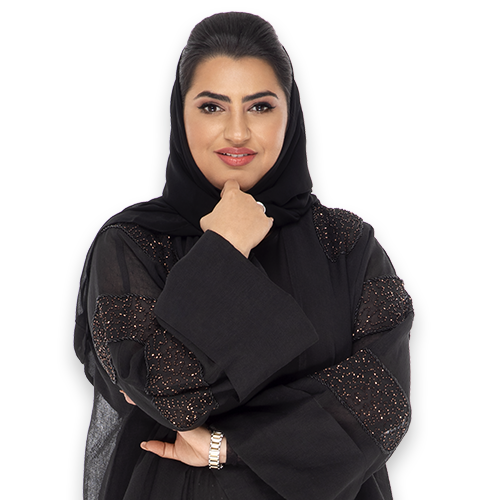


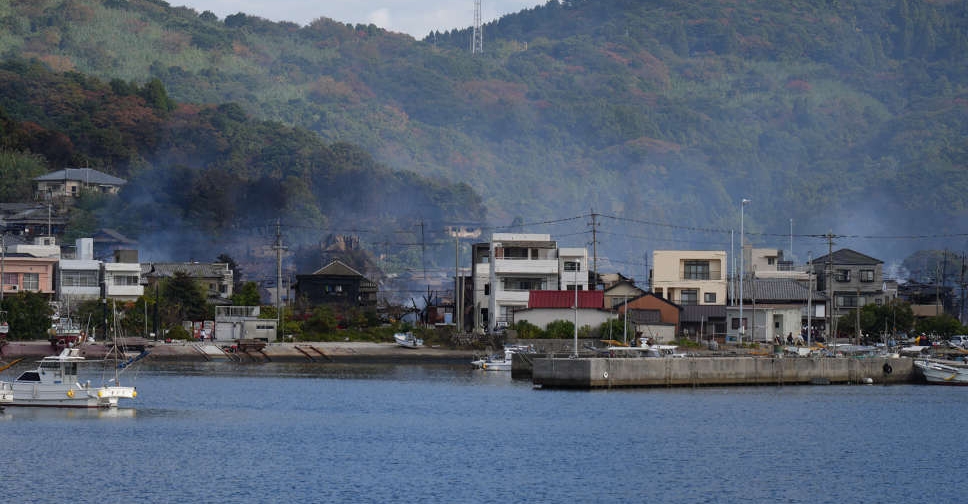 Fire destroys 170 buildings in southern Japan, one missing
Fire destroys 170 buildings in southern Japan, one missing
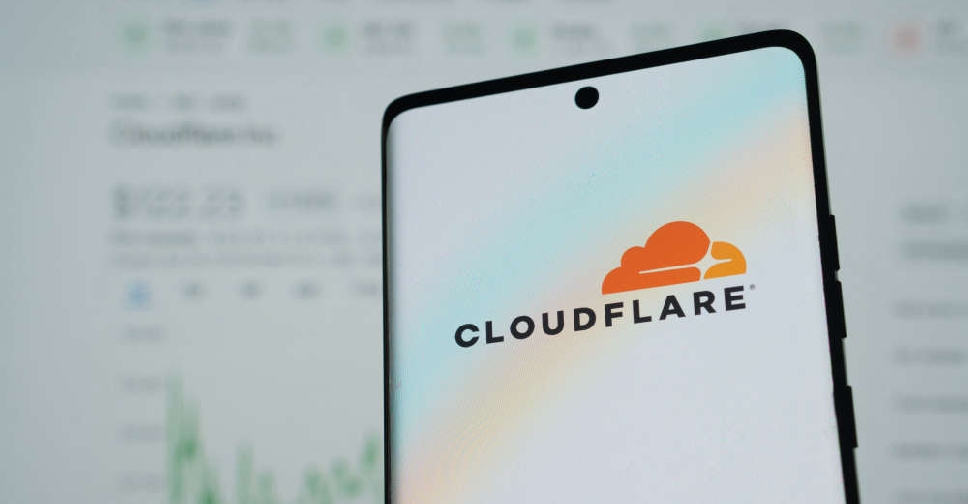 Cloudflare outage cuts access to X, ChatGPT and other web platforms
Cloudflare outage cuts access to X, ChatGPT and other web platforms
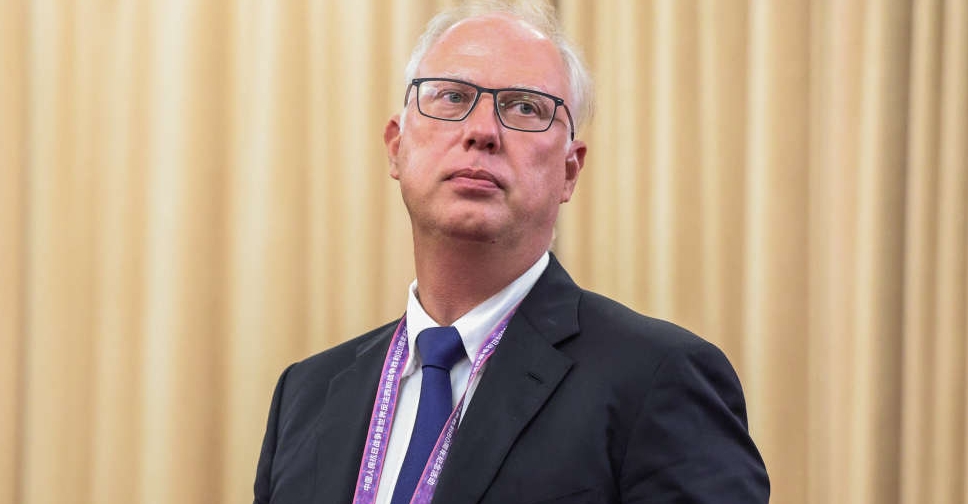 Kremlin says Russia will not participate in Ukraine talks in Turkey this week
Kremlin says Russia will not participate in Ukraine talks in Turkey this week
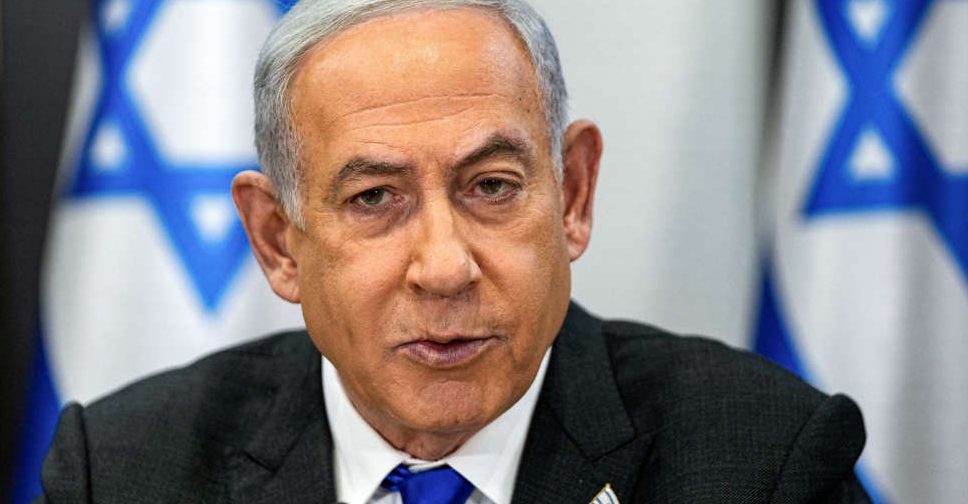 After UN vote, Netanyahu calls for Hamas' expulsion from the region
After UN vote, Netanyahu calls for Hamas' expulsion from the region
